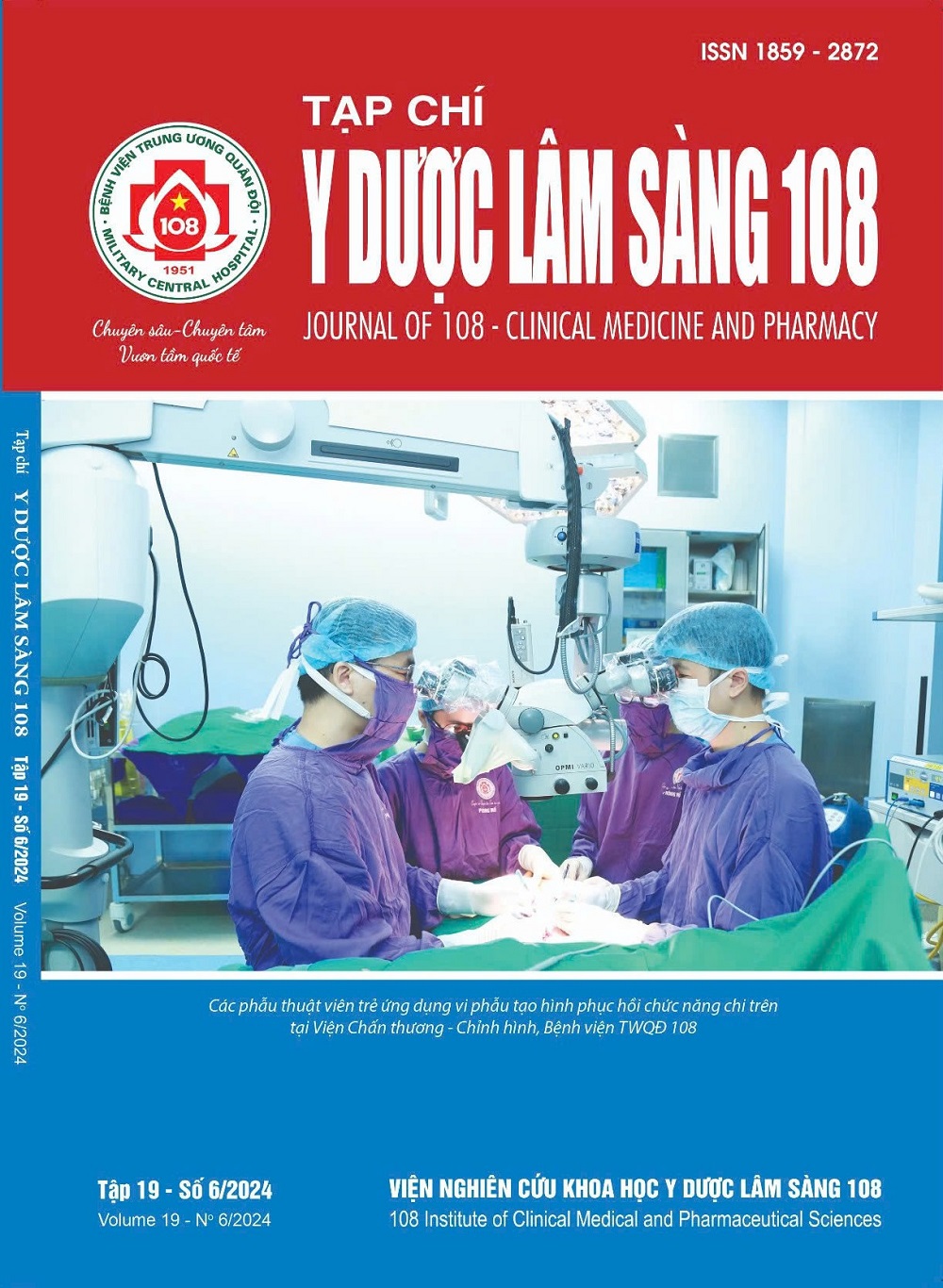Long QT syndrome type 2: A case of ventricular fibrillation and literature review
Main Article Content
Keywords
Abstract
Congenital long QT syndrome (LQTS) is an important group of causes of syncope due to cardiac arrhythmias. We would like to report the case of a 33-year-old female with a history of syncope due to ventricular tachycardia and admitted to the hospital because of syncope. The corrected QT interval on the electrocardiogram was 567.9ms. Genetic testing detected a heterozygous variant in KCNH2 gene at chromosome 7 position 150947377 with variant NM_000238.4:c.3103del (NP_000229.1:p.Arg1035GlyfsTer22). The patient was diagnosed with long QT syndrome type 2 and classified as high risk group. The patient was initially still treated with propranolol but continued to have torsades de pointes, and then the patient was indicated with an implantable cardioverter defibrillator (ICD) to prevent sudden cardiac death. Genetic testing in cases of long QT syndrome is necessary for clear diagnosis and risk stratification. Indications for placement of an ICD should be considered in cases of patients with syncope due to ventricular arrhythmias to prevent sudden cardiac death in this group of diseases.
Article Details
References
2. Zeppenfeld K, Tfelt-Hansen J, de Riva M et al (2022) 2022 ESC Guidelines for the management of patients with ventricular arrhythmias and the prevention of sudden cardiac death. European heart journal 43(40): 3997-4126. doi:10.1093/eurheartj/ehac262.
3. Schwartz PJ, Ackerman MJ, Antzelevitch C et al (2020) Inherited cardiac arrhythmias. Nature reviews Disease primers 6(1): 58. doi:10.1038/s41572-020-0188-7.
4. Han L, Liu F, Li Q, et al (2020) The efficacy of beta-blockers in patients with long QT syndrome 1-3 according to individuals' gender, age, and QTc intervals: A network meta-analysis. Frontiers in pharmacology 11: 579525. doi:10.3389/fphar.2020.579525.
5. Chockalingam P, Crotti L, Girardengo G et al (2012) Not all beta-blockers are equal in the management of long QT syndrome types 1 and 2: higher recurrence of events under metoprolol. Journal of the American College of Cardiology 60(20): 2092-2099. doi:10.1016/j.jacc.2012.07.046.
6. Priori SG, Wilde AA, Horie M et al (2013) HRS/EHRA/APHRS expert consensus statement on the diagnosis and management of patients with inherited primary arrhythmia syndromes: document endorsed by HRS, EHRA, and APHRS in May 2013 and by ACCF, AHA, PACES, and AEPC in June 2013. Heart rhythm 10(12): 1932-1963. doi:10.1016/j.hrthm.2013.05.014.
7. Schwartz PJ, Spazzolini C, Priori SG et al (2010)Who are the long-QT syndrome patients who receive an implantable cardioverter-defibrillator and what happens to them?: data from the European long-QT syndrome implantable cardioverter-defibrillator (LQTS ICD) registry. Circulation 122(13): 1272-1282. doi:10.1161/circulationaha.110.950147.
8. Wang M, Peterson DR, Rosero S et al (2021) Effectiveness of implantable cardioverter-defibrillators to reduce mortality in patients with long QT syndrome. Journal of the American College of Cardiology 78(21): 2076-2088. doi:10.1016/j.jacc.2021.09.017.
9. Younis A, Aktas MK, Rosero S et al (2020) Outcome by Sex in Patients With Long QT Syndrome With an Implantable Cardioverter Defibrillator. Journal of the American Heart Association 9(19):016398. doi:10.1161/jaha.120.016398.
10. De Cario R, Kura A, Suraci S et al (2020) Sanger validation of high-throughput sequencing in genetic diagnosis: Still the best practice? Frontiers in genetics 11:592588. doi:10.3389/fgene.2020.592588.
11. Wilde AA, Jongbloed RJ, Doevendans PA et al (1999) Auditory stimuli as a trigger for arrhythmic events differentiate HERG-related (LQTS2) patients from KVLQT1-related patients (LQTS1). Journal of the American College of Cardiology 33(2): 327-332. doi:10.1016/s0735-1097(98)00578-6.
 ISSN: 1859 - 2872
ISSN: 1859 - 2872
